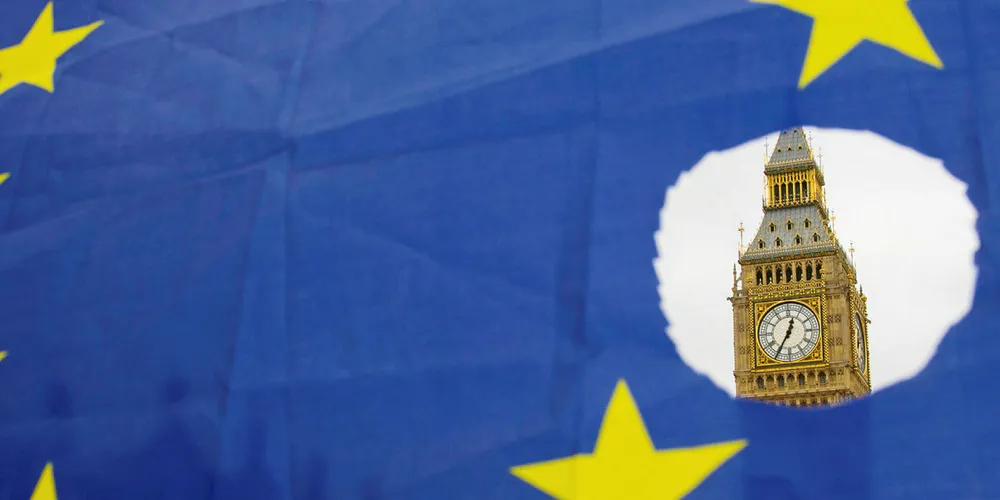Brexit arrives, with fisheries 'the first and nastiest part' of post-EU trade negotiations
Fish and financial services cited as potential bargaining chips in vital forthcoming trade talks.

Fish and financial services cited as potential bargaining chips in vital forthcoming trade talks.
